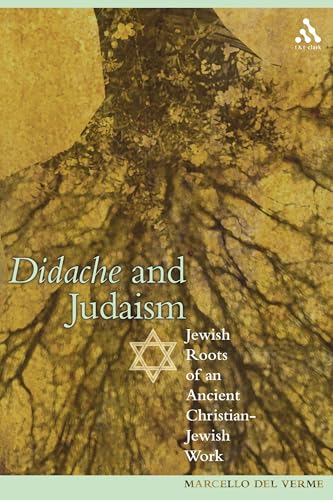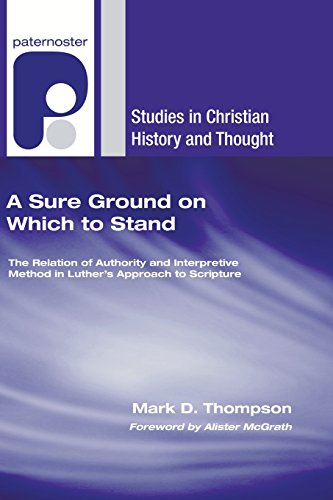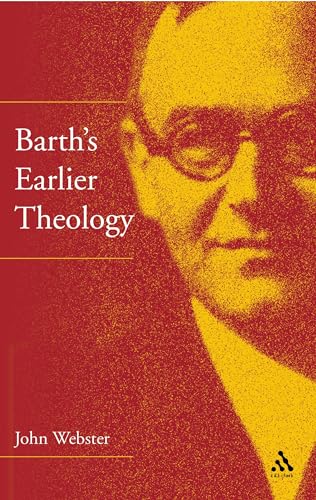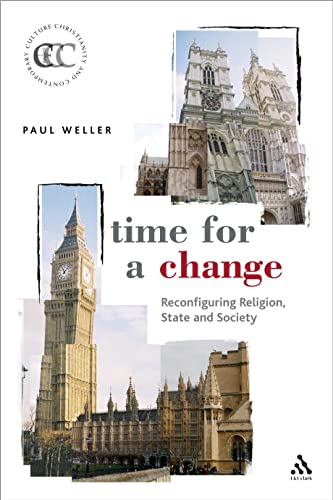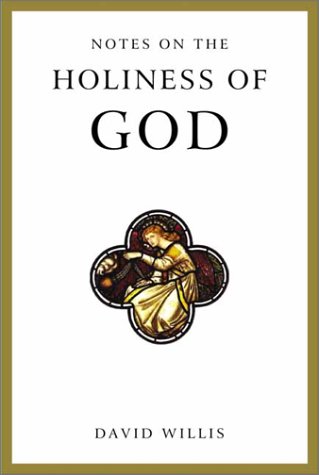God In Action: A Selection Of Key Readings—Problems In Theology 5
Written by Jeff Astley, David Brown and Ann Loades (eds) Reviewed By Philip DuceThis is another volume in a series designed to provide access to readings on particular controversial themes and issues, carefully selected from relevant primary sources [see the previous review of the related volumes Creation and Science and Religion in Themelios 30(3), 2005, pp. 99–101]. The selections are intended mainly for undergraduates, but are also accessible to sixth-formers and others theology and RS students. The readings are arranged in such a way as to provide a flow of exposition, or interaction between different perspectives and positions. Each chapter concludes with topics for discussion.
Topics covered in God in Action range through locating God’s actions, images of divine control, human freedom in relation to providence and grace, the nature of and evidence for miracle, prayer and pain, answers to prayer, and the experience of grace. The extracts include some relevant biblical texts. Contributors include Augustine, Peter Baelz, Vincent Brümmer, Karl Barth, Paul Helm, David Hume, David Jenkins, C.S. Lewis, D.Z. Phillips, Karl Rahner, Paul Tillich, Keith Ward and Maurice Wiles.
The claim that God has acted and now acts in or towards the world is, of course, central to the Christian faith. However, since the eighteenth-century Enlightenment, at least, divine action has been one of the most controversial topics in Christian theology. Disagreements over nomenclature and definition have clouded the discussion. There has been a polarization between those who want to collapse the distinctive categories of divine action into one, and those who identify particular events rather than others as ‘acts of God’. Recent debates concern the metaphors or models that may be used to speak of God’s activity of care and control within in the created order (e.g. clockmaker, artisan, author, speaker, king, parent,) and, on the basis of these, the nature of God’s relationship to evil and the free actions of human beings. A key issue is the possibility of miraculous divine action, and theological problems that cluster around providence and miracle come into clear focus in the matter of answers to prayer. The wider religious, spiritual, and devotional context is highly relevant to discussions in which God’s action is understood in terms of grace—historically, a contentious doctrine (as expressed in Scripture, a profoundly personal relationship, rather than the medieval notion of grace as an impersonal created thing).
This landscape of perspectives and issues is opened up across the volume. Some readers might wish for a few more extracts from explicitly evangelical writers, but the coverage is wide and stimulating, and the bibliographies offer useful pointers towards further study. The recommended retail price seems a little high for the book’s size, especially for the primary target readership of (impoverished) students.
Philip Duce
Leicester



